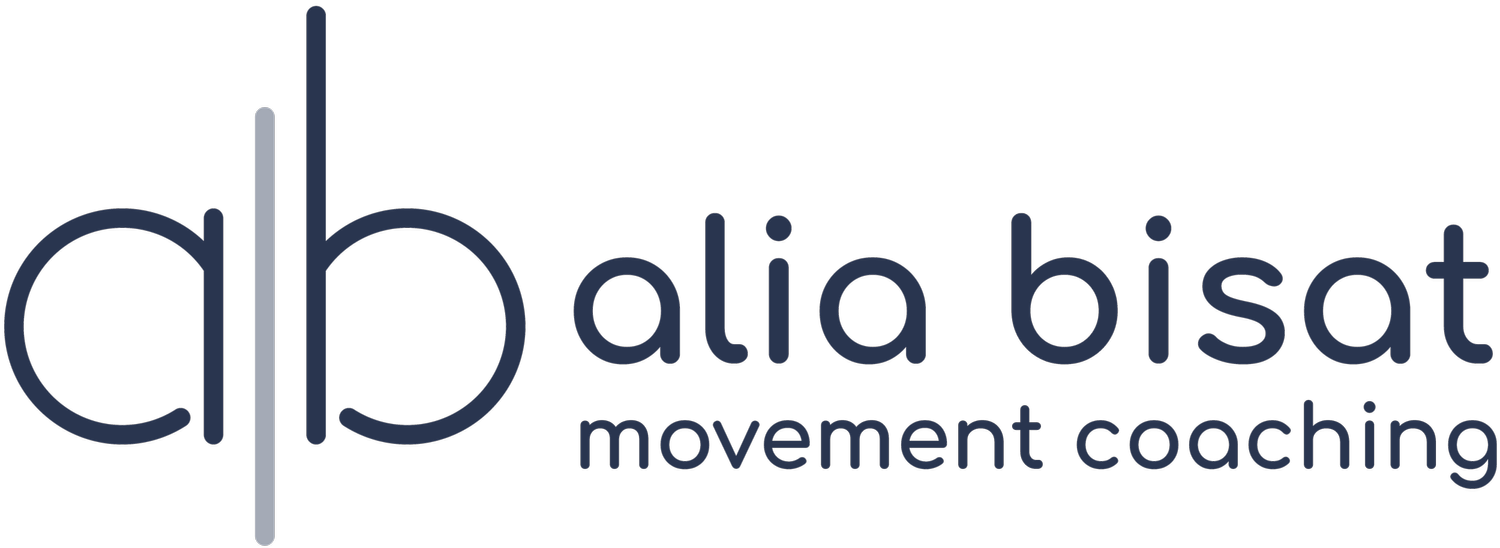"Balance"
I went home to see my family last weekend, and my dad was talking to me about an autobiography he just finished by the founder of Nike. Phil Knight devoted much of his life to creating and growing what Nike is today, and in one chapter, he writes that he regrets not having been much of a father to his kids and wishes he had spent more time at home. In another chapter, he writes that in the end, if he were to do it all over again, he would. How could he relive both versions?
I’m not sure if it’s New Age marketing that says we can do and be anything, our culture that emphasizes over-productivity, the childhood role model who once endearingly told us we could have it all, or a combination of all those things that has led us to believe that we can literally do everything. And that if we feel out of “balance,” it means we just haven't figured out how to use iCal properly.
The significant reality is that we can't do everything. We can't physically work 60 hours a week and then exercise three plus hours a week and provide nourishing meals for ourselves and our families and spend adequate time with our spouses to enrich our relationship and maintain a social life to enrich our feeling of community and then check things off our personal bucket lists like completing a marathon or learning a language. So then we think, “My life feels so unbalanced, I’m not doing the things I want to be doing.” So what do we do? We start to add “me” time, or we add social events, or we add dinner dates with our spouses, we add a Spanish class without changing anything else about our schedules.
I have some groundbreaking news. There are only 24 hours in a day.
“Balance” means that something has to give. There is always always always something that gets sacrificed in order for something else to be gained. That is the inherent math of this world. So, herein lies the power of prioritization because it is essentially all about perspective. Say we are working 60 hours a week and we feel like our personal relationship is suffering as a result. We then feel guilty, we feel unbalanced, we feel like maybe there’s something wrong with us, we feel like something is slipping from us. When we make the conscious decision to prioritize our work because that is what is most important to us at this time, then we understand that in order to keep our work a priority, things will shift and change in our personal relationship. Now, instead of feeling unbalanced, we have maintained a balance that is completely personal to us and our individual priorities. Balance doesn't mean equal parts work, play, love, self-care, family. Balance means taking responsibility for our priorities and understanding that the larger the pie slice for our priority of choice, the smaller the pie slice for the other aspects of our lives.
Not only are there only 24 hours in a day. There is only so much fuel in our physical, mental, and emotional tanks. When we use some fuel, the tanks aren’t refilled to the top every morning just because the sun comes up. We have to actually do things that fill it back up. We do things daily that use up our fuel and then we have to engage in different things daily that refill our tank. Both emptying and refilling are separate time commitments. If you’re only emptying day after day, your fuel tank is a little less full every morning that you wake up until one morning . . . you can’t get out of bed. Once we understand how our tanks work, prioritization becomes a more involved self study of organizing our lives in such a way that is replenishing and enriching. Once we feel replenished and enriched, all the other parts of our lives we were once worried about squeezing in become less significant.
And perhaps the most powerful perspective adjustment to all of this is that none of this permanent. It is ever changing, it is a constant ebb and flow as our lives move along. We are in perpetual negotiation with the elements of our life as we explore the various areas in depth and learn what works and what doesn't as our age, our health, our work, our families, our spirits evolve.
Keep practicing.
